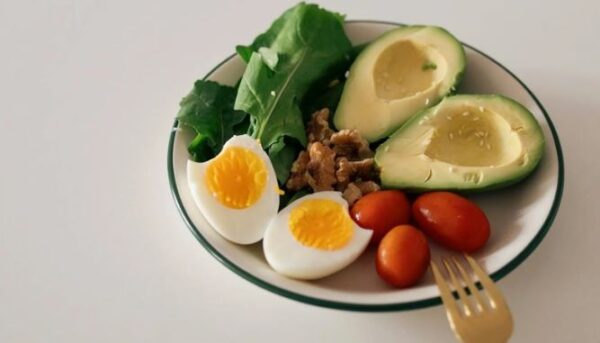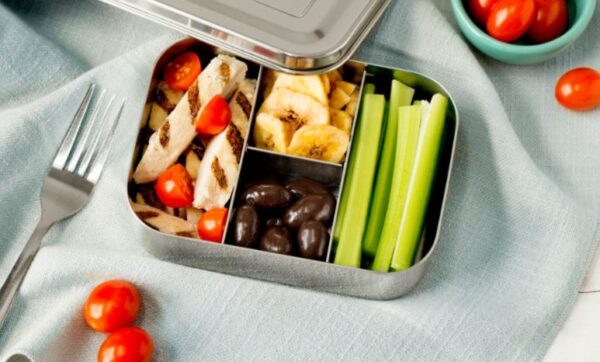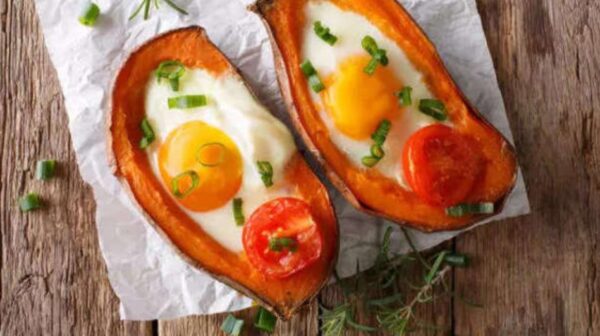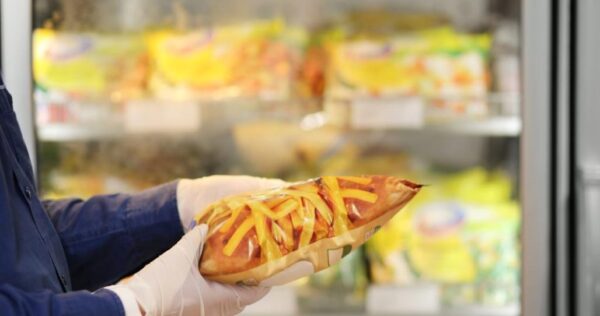Lifestyle
Low-carb diet: What to eat and avoid

With such variety of diets available to us, it is always difficult to pick one and roll with it.
Low-carb diets are also among these diets, which come with the fad of weight loss.
A low-carb diet refers to when a person cuts off consuming carbohydrates and instead consumes proteins, healthy fats and vegetables.
It helps in quick weight loss by reducing the urge to eat, filling one up easily by replacing the carbs with proteins.
What are Carbohydrates?
Carbohydrates are one of the main food types that we need for proper functioning of the body. When we consume carbs, our body breaks them down to acquire energy from them. When the body doesn’t need those carbs immediately, it stores them in our muscles and liver. When these stored carbs go unused for a long time, our body converts them into fats.
Low-carb diet
Low-carb diet can include many different types of diets and can lead to weight loss. While one need not count the calories here, one needs to consume whole foods which nourish, complete and fills one up. Weight loss through low-carb diets is effective because they reduce your appetite. You end up eating less calories without even feeling hungry, as the protein and the fat fills you up. A low-carb diet also expedites the process of weight loss in the first six months, and helps you lose weight faster, if that is what you need.
The basics of a low-carb diet is to eat protein-rich foods like meat, fish and eggs or tofu, soya and legumes if you’re a vegetarian or vegan. Proteins coupled with natural fats like butter, nuts, seeds and oils along with leafy green vegetables make up for what to eat on a low-carb diet. One needs to keep in mind to avoid sugar loaded and starchy foods like bread, rice, potatoes, fruits, chocolates, sodas etc. Here is a detailed guide of the foods to eat and avoid.
Foods you can eat
1. Meat: Chicken, lamb, pork and beef all are part of this category. These are protein rich foods that help you feel full and satisfy your hunger.
2. Fish and seafood: Salmon, mackerel, trout, haddock and sardines are rich in healthy fats and can benefit you because of their omega-3 content.
3. Eggs: Eggs in any form- be it omelette, boiled, scrambled or fried, are rich in protein as well as fats. Omega-3 rich or pastured eggs are also good choices.
4. Vegetables: Leafy green veggies like Lettuce, cauliflower, cabbage, broccoli, spinach along with zucchinis, brinjals, cucumbers, carrots, mushrooms, onions and tomatoes are low on carbs. Vegetables that grow above the ground should be the choice to consume.
5. Dairy products: Milk, yogurt, butter, cheese, and cream can be consumed without any hesitation. You can consume the full fat versions of these without any compromise. Avoid low-fat and flavoured products while keeping an eye on ‘added sugar’.
6. Nuts and seeds: Nuts like almonds, walnuts and cashews are high in fats and seeds like sunflower seeds can also be a part of your diet. Nut butters like peanut butter can also be consumed.
7. Oils: You can use coconut oil and olive oil in your foods while following a low-carb diet.
8. Fruits: Fruits low on carbs like apples, oranges and strawberries can be consumed and that too in moderation. Fruits like bananas need to be avoided.
Foods to avoid
1. Sugar: Sugar has to be highly avoided present in products like chocolates, ice creams, sodas or juices, cakes, pastries, breakfast cereals, buns and candys. Look out for products with ‘added sugar’ and do not consume them. Artificial sweeteners should also be avoided.
2. Starch: Wheat, flour, barley, rice are all high-carb refined cereals which need to be avoided. Bread, pasta, muesli, porridge and buns also have to be avoided.
3. High-carb vegetables: Potatoes and beans are some of the high-carb veggies which need to be avoided. Almost all of the underground vegetables like sweet potatoes, corn, yams, pumpkins are high in carbs and should be avoided.
4. Fruits: While fruits which are mostly berries can be consumed, other fruits like bananas, mangoes, grapes and pineapples are high on carbohydrates and sugar which should be avoided.
5. Trans fats: Hydrogenated oils or vegetable oils, some types of popcorns and fried fast foods contain trans fats which are unhealthy and shouldn’t be consumed.
6. Highly processed and low-fat products: In your effort to lose weight, don’t avoid fats by choosing low-fat products. Highly processed foods are loaded with sugar and carbs which need to be avoided.
Bottomline
This is a list of basic food items that you can add or subtract from your plate to be on a low-carb diet. As a beginner, you can start with these choices to take little steps towards your weight loss goal.










